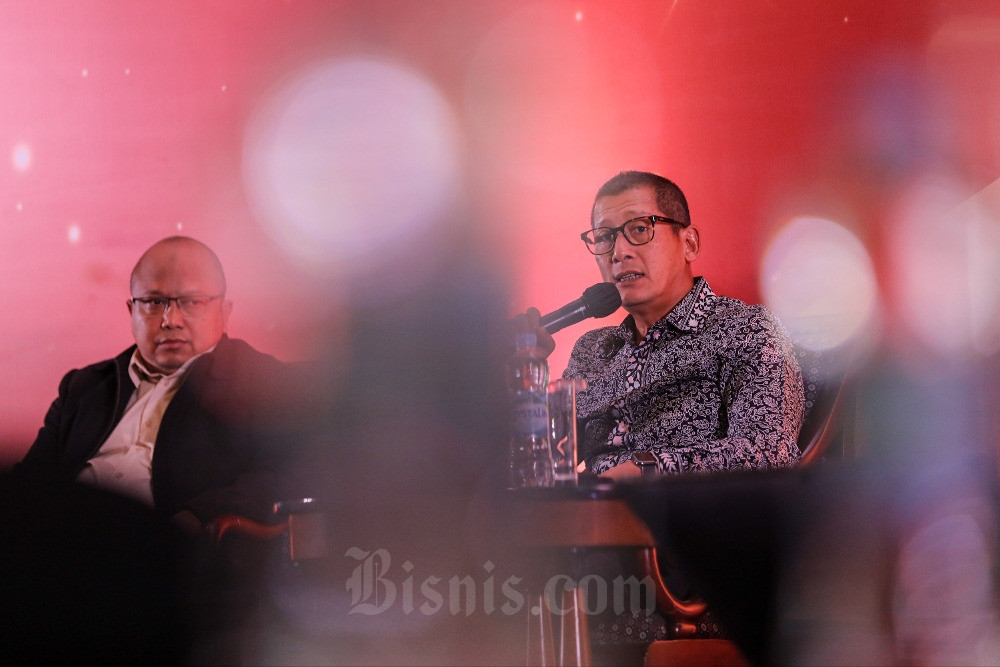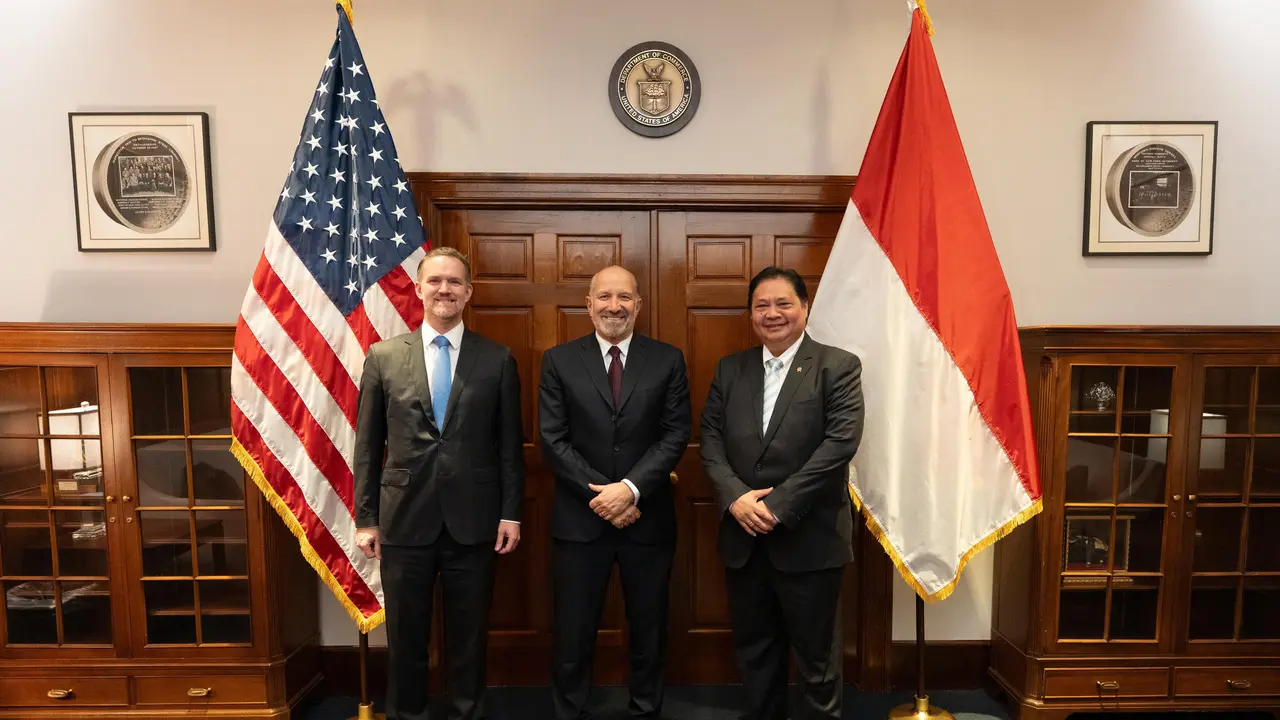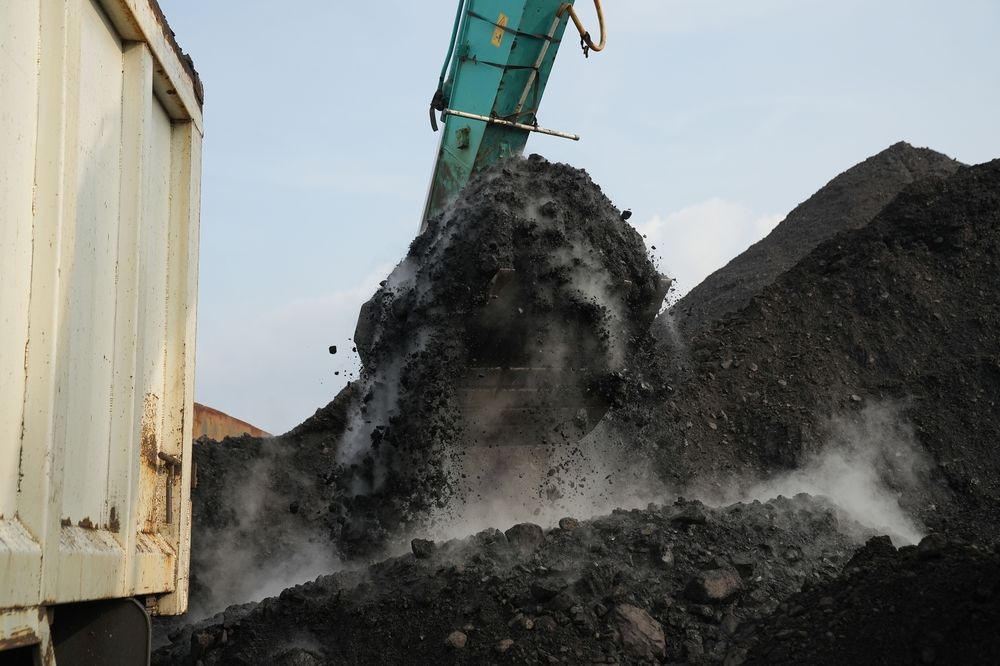ASPEBINDO Requests That Export Duties on Mining Commodities Be Implemented in Stages
Tue 15 Jul 2025, 10:29 AM
Share

Deputy Chairman of the Association of Indonesia Energy, Mineral, and Coal Suppliers (ASPEBINDO), Fathul Nugroho, has requested that export duties on mining commodities be implemented in stages and with due regard to industrial competitiveness.
"We understand the government's need to expand its revenue base. However, it's also important that the implementation is gradual and takes into account the cost structure faced by businesses", Fathul confirmed to ANTARA in Jakarta on Tuesday.
Currently, he continued, the national mining sector is facing pressure from falling demand and commodity prices on the international market.
Indonesia is one of the world's largest coal exporters. Therefore, any fiscal policy, such as export duties, has the potential to impact production flows, selling prices, and even short-term export decisions.
"This policy needs to be aligned with global market conditions and demand dynamics. This is reflected in the 15 percent decline in coal demand from China and 7 percent from India. We hope the government can provide flexibility through incentives for domestic mining", said Fathul.
Aspebindo encourages the determination of tariffs and export duty mechanisms to be carried out by involving business associations in the process of drafting technical regulations.
"We believe that collaboration between the government and the business sector is key to ensuring this policy is implemented effectively without causing economic contraction, particularly in the energy sector, which is the backbone of Indonesia's exports", said Fathul.
He stated his readiness to engage in active dialogue with the Ministry of Energy and Mineral Resources and the Ministry of Finance to ensure that the Export Duty policy can be implemented proportionally, maintain industrial competitiveness, and support the downstreaming and energy self-sufficiency agendas.
Previously, Minister of Energy and Mineral Resources (ESDM) Bahlil Lahadalia stated that the implementation of export duties for coal and gold commodities would be carried out flexibly.
He explained that export duties would be imposed when coal and gold prices were high. Conversely, if the prices of these two commodities decreased, they would be exempt from export duties.
According to Bahlil, imposing export duties will burden businesses if prices on the global market are plummeting.
Therefore, he emphasized that the implementation of export duty rates is better done flexibly.







